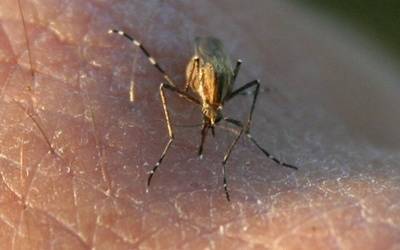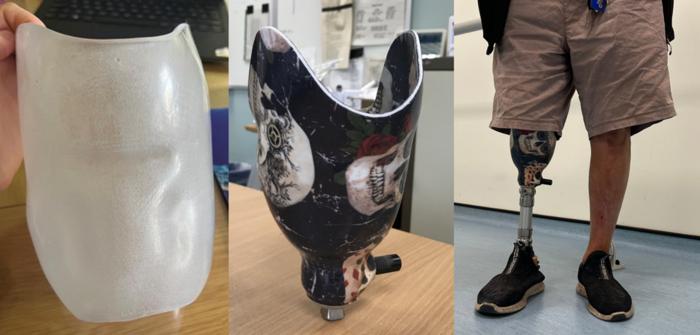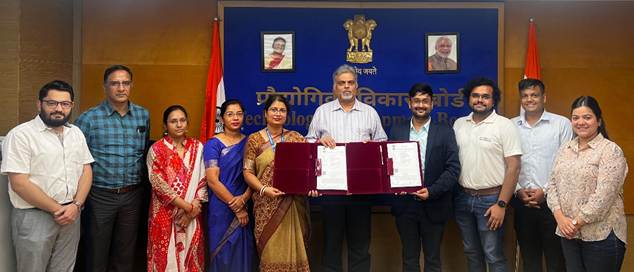Malaria remains one of the world’s deadliest diseases. Each year malaria infections result in hundreds of thousands of deaths, with the majority of fatalities occurring in children under five.
Fortunately, scientists are developing safe technologies to stop the transmission of malaria by genetically editing mosquitoes that spread the parasite that causes the disease.
Researchers at the University of California San Diego led by Professor Omar Akbari’s laboratory have engineered a new way to genetically suppress populations of Anopheles gambiae, the mosquitoes that primarily spread malaria in Africa and contribute to economic poverty in affected regions. The new system targets and kills females of the A. gambiae population since they bite and spread the disease.
The technique leverages the CRISPR technology to disrupt a gene known as femaleless (fle) that controls sexual development in A. gambiae mosquitoes.
Scientists at UC Berkeley and the California Institute of Technology contributed to the research effort.
Traditional methods to combat malaria spread such as bed nets and insecticides increasingly have been proven ineffective in stopping the disease’s spread. Insecticides are still heavily used across the globe, primarily in an effort to stop malaria, which increases health and ecological risks to areas in Africa and Asia.
Smidler, who earned a PhD (biological sciences of public health) from Harvard University before joining UC San Diego in 2019, is applying her expertise in genetic technology development to address the spread of the disease and the economic harm that comes with it. Once she and her colleagues developed Ifegenia, she was surprised by how effective the technology worked as a suppression system.
“This technology has the potential to be the safe, controllable and scalable solution the world urgently needs to eliminate malaria once and for all,” said Akbari, a professor in the Department of Cell and Developmental Biology. “Now we need to transition our efforts to seek social acceptance, regulatory use authorizations and funding opportunities to put this system to its ultimate test of suppressing wild malaria-transmitting mosquito populations. We are on the cusp of making a major impact in the world and won’t stop until that’s achieved.”
The researchers note that the technology behind Ifegenia could be adapted to other species that spread deadly diseases, such as mosquitoes known to transmit dengue (break-bone fever), chikungunya and yellow fever viruses.
- Press release







